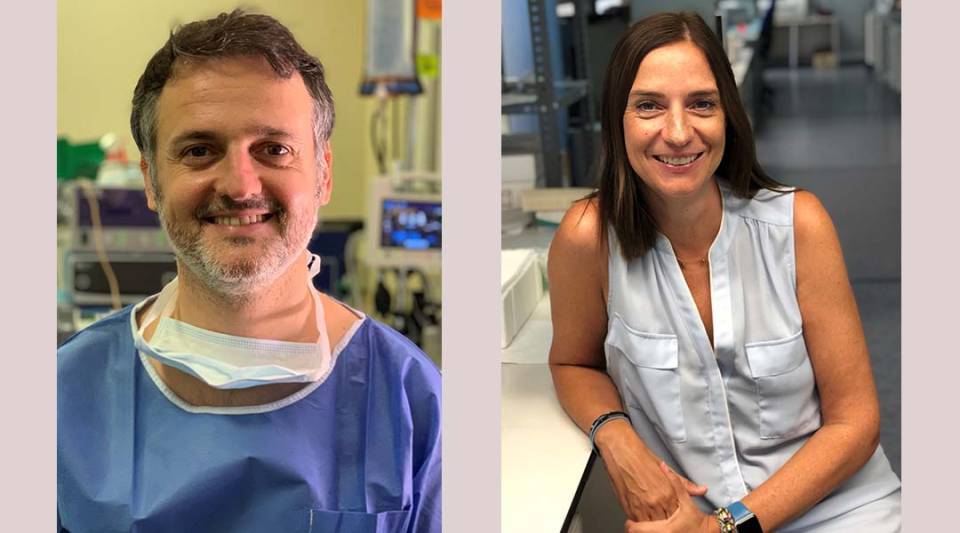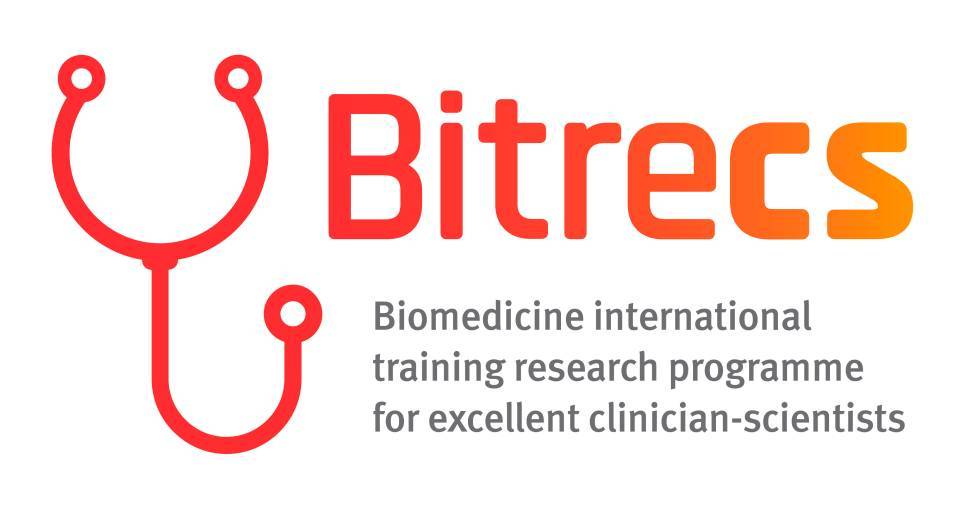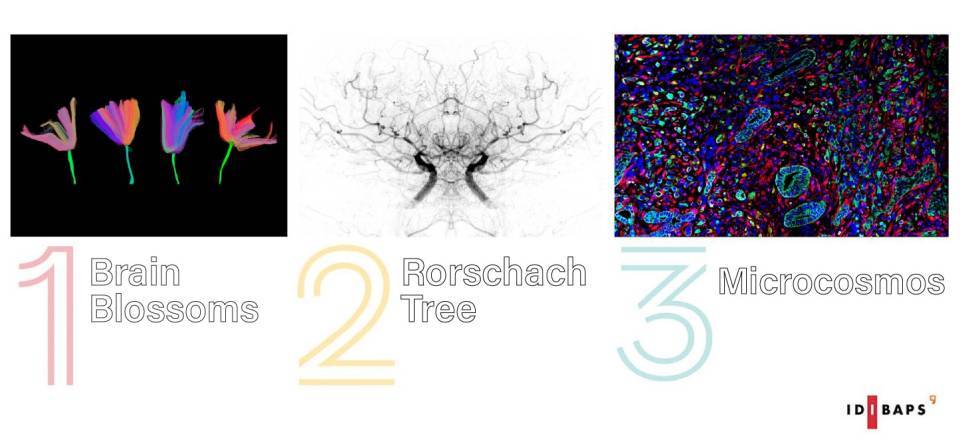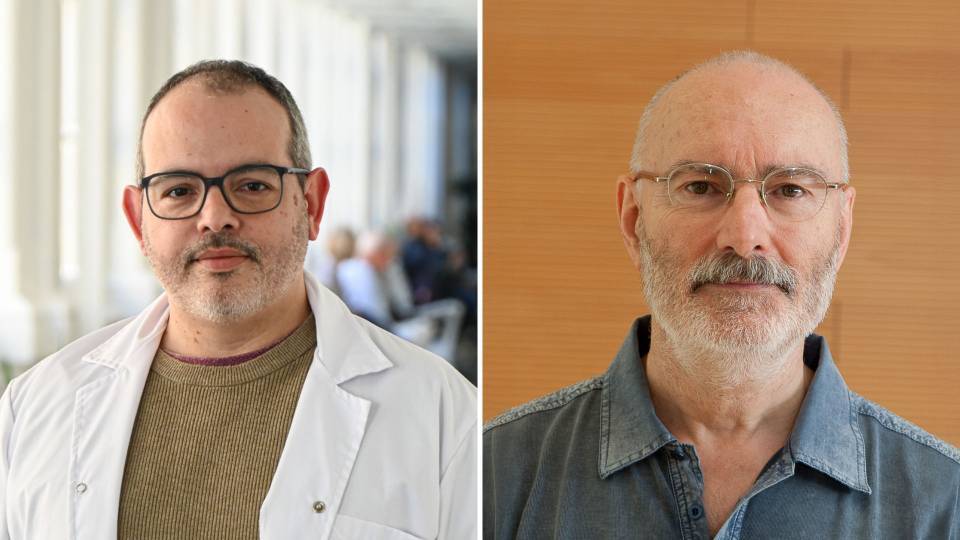Head and neck cancer (HNC) encompasses tumours located in the mouth, the pharynx, the larynx and the salivary glands. Specifically, squamous cell carcinomas of the head and neck represent the fifth most frequent tumour in the world and are related with consumption of tobacco, alcohol and infection by human papillomavirus. This cancer behaves aggressively, with a poor prognosis at advanced stages. The treatment of these tumours may include radiotherapy, chemotherapy and complex surgery, with a variable response according to each person.
For these reasons – poor prognosis and a variable response to treatment – it is vitally important that markers be found for early diagnosis in a way that is non-invasive, and to be able to predict which tumours will require more aggressive treatment, in other words, personalise the treatment based on the characteristics of each tumour and of each patient. Having these tools saves lives and avoids treatment side effects, since we select which treatment is the best for each case.
Now, a study published in the journal Cancers has identified a marker of tumoral metabolic behaviour that is important for the development and aggressiveness of tumours.
The study was led by Dr Francesc Xavier Avilés-Jurado, a specialist in otorhinolaryngology and head and neck surgery at the Hospital Clínic and IDIBAPS researcher, and Dr Sonia Fernández-Veledo, a specialist in metabolism and co-director of the DIAMET Group at the Pere Virgili Healthcare Research Institute (IISPV-CERCA)-URV-HJ23 and a member of the Spanish Biomedical Research Networking Centre Consortium (CIBER) in its thematic area of Diabetes and Associated Metabolic Diseases (CIBERDEM).
Dr Sonia Fernández-Veledo explains: “This study confirms that metabolic alterations of the tumour are also reflected on a systemic level. This means that metabolites exist, such as, for example, succinate (the main focus of this study), that could serve us as biomarkers of tumoral progression”.
Dr Avilés-Jurado, a joint author of the study, highlights that: “The study of this marker can help us greatly when it comes to proposing treatments for our patients, which on many occasions have very important consequences. Knowing the cancer better helps us to fight it better. Furthermore, we are progressing towards the liquid biopsy, in other words, with a blood sample, we will see if the tumour has more aggressive characteristics. In short, we are advancing towards personalised medicine in cancer. I am very proud to see how a research study that began in Tarragona is now a reference point in Catalonia and Spain”.
This is a line of research led by Dr Avilés-Jurado and it is funded by the Spanish Association Against Cancer and the Carlos III Health Institute. The work has been the result of scientific collaboration with different researchers such as Dr Ximena Terra, a researcher from the MoBioFood Group of the Rovira i Virgili University (URV) and Dr Victòria Ceperuelo-Mallafré, from the DIAMET group, plus various healthcare professionals, such as Dr Joan Carles Flores and Dr Carla Merma from the Joan XXIII University Hospital of Tarragona (HJ23), with Dr Ramon Bosch and Dra Marylène Lejeune from the Verge de la Cinta Hospital of Tortosa, Dr Isabel Vilaseca from the Hospital Clínic-IDIBAPS, Dr Xavier León from Hospital de la Santa Creu i Sant Pau and Dr Gumà from the Sant Joan University Hospital of Reus, among others.
Dr Avilés-Jurado concludes that “these results provide significant impetus for the line of research that began on prognostic factors for head and neck cancer at the otorhinolaryngology service of the Joan XXIII University Hospital of Tarragona then continued at the Hospital Clínic in Barcelona".
Article reference:
Succinate Pathway in Head and Neck Squamous Cell Carcinoma: Potential as a Diagnostic and Prognostic Marker.
Ximena Terra, Victoria Ceperuelo-Mallafré, Carla Merma, Ester Benaiges, Ramon Bosch, Paola Castillo, Joan Carles Flores, Xavier León, Izaskun Valduvieco, Neus Basté, Marina Cámara, Marylène Lejeune, Josep Gumà, Joan Vendrell, Isabel Vilaseca, Sonia Fernández-Veledo and Francesc Xavier Avilés-Jurado.
Cancers 2021, 13, 1653. https://www.mdpi.com/2072-6694/13/7/1653




